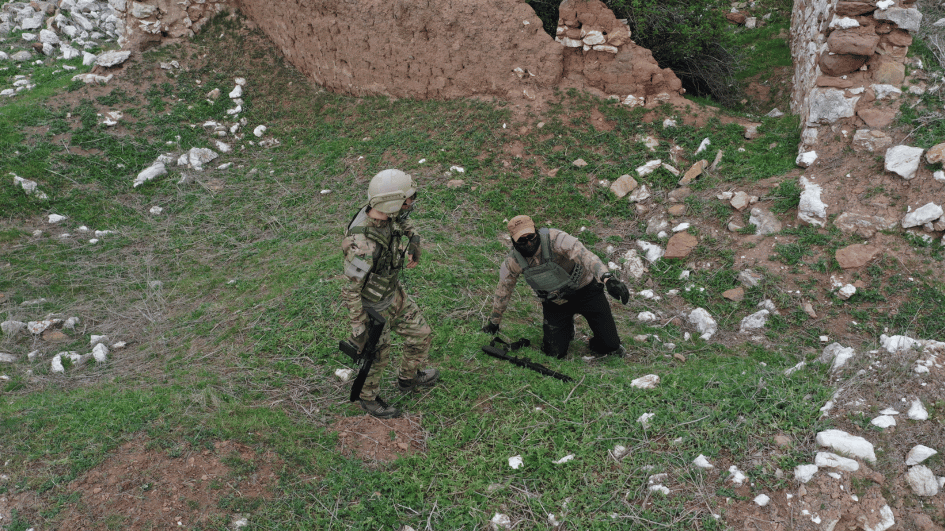MHP’s Bahçeli proposes changes on key laws
Devlet Bahçeli, the chairman of the Nationalist Movement Party (MHP) and the loyal ally of President Recep Tayyip Erdoğan, is known with his big influence in Turkish politics, although his party’s votes have always floated around 10 percent.
For example, Erdoğan would have never been able to change the constitution to shift the administrative system from parliamentary to the executive-presidency model in 2017 and would not have been elected as president in the 2018 elections without the support of Bahçeli’s MHP.
The People Alliance, formed by the AKP and MHP, is still intact and the two parties are eye-to-eye on many domestic and external political matters. They together hold the parliamentary majority and act together on almost all key votes.
A very recent statement by Bahçeli that suggests substantial changes in the key law is therefore very important. The MHP leader proposed amendments on the political parties’ law, election law, and renewal of the parliamentary bylaws. A political ethics law should be legislated and pending cases on the parliamentary immunities should move forward, he suggested. He also stressed changes in the bar associations and other chambers should be speedily brought to the parliament.
Bahçeli made this move after Kemal Kılıçdaroğlu, the leader of the Republican People’s Party (CHP), hinted that he could allow a temporary transfer of a group of his lawmakers to the Future Party by Ahmet Davutoğlu and Democracy and Progress Party (DEVA) by Ali Babacan so that they can participate in the election in the event that there is a snap poll.
Having at least 20 lawmakers in the parliament is enough for a political party to run for the elections although it fails to fulfill other requirements. The CHP did the same move for İYİ (Good) Party before the 2018 elections.
Bahçeli’s move is aiming at blocking the transfer of lawmakers from one party to another and introducing more structural obstacles to prevent the new parties to join the elections. The MHP leader also suggested drafting a political ethics law, something the opposition has long been demanding. For sure, Bahçeli’s version of the political ethics law will unlikely satisfy the opposition’s expectations.
The details of Bahçeli’s proposals are not clear yet. Increasing the required number of lawmakers to enter elections or bringing about time limitations for the lawmakers to transfer to another party is among the ideas floating at the MHP headquarters. For sure, the realization of these proposals needs the consent of the ruling party.
One thing is for sure: A draft bill to overhaul the structures and election systems of the bar association will be submitted to the parliament if the parliament will be open in June as planned. Many in Ankara believe that it would turn into a large omnibus bill as the government would prefer to legislate all the pending bills at once and in a speedier way.
In the event that the AKP endorses Bahçeli’s proposals, it would mean a heated debate on the main pillars of Turkish politics will overwhelm the internal agenda of Turkey.











